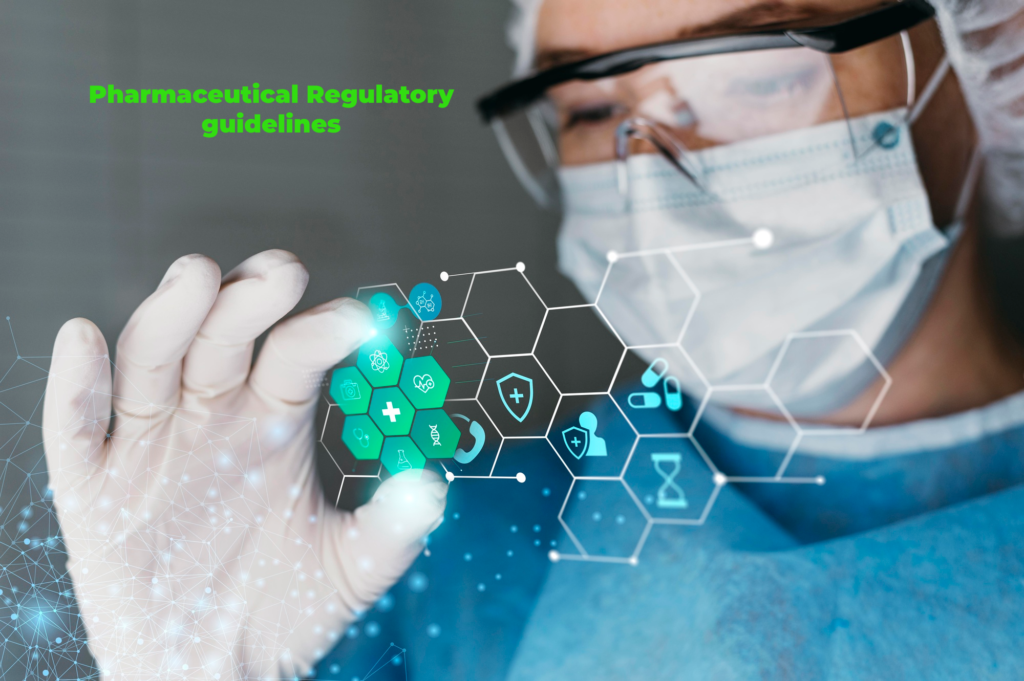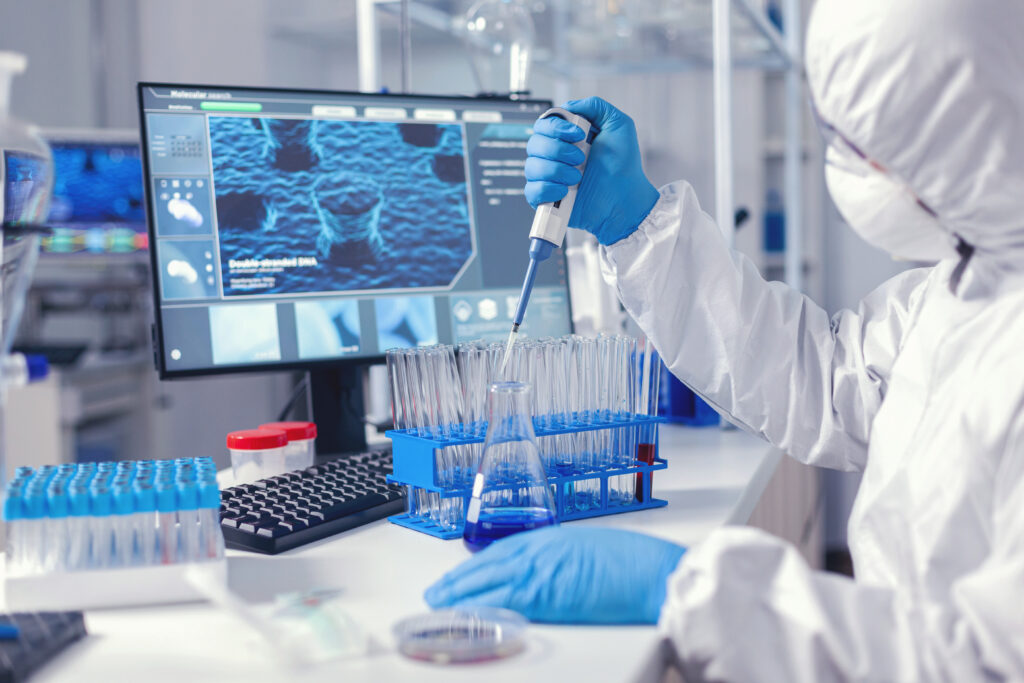Mastering the Basics: Common Pharmaceutical Interview Questions
- Provide insights into frequently asked questions during pharmaceutical interviews and offer tips on crafting effective responses.
Introduction
Pharmaceutical interviews are crucial steps in the hiring process, where candidates are assessed not only for their technical knowledge but also for their problem-solving abilities, communication skills, and cultural fit within the organization. This comprehensive guide provides insights into common pharmaceutical interview questions and offers tips on how to approach and answer them effectively.
I. Technical and Knowledge-Based Questions
1.1 Can you explain the drug development process from discovery to market launch?
Tip: Provide a concise yet comprehensive overview, highlighting key stages such as preclinical development, clinical trials, regulatory approval, and commercialization.
1.2 What do you understand by Good Manufacturing Practices (GMP) and how do they apply to pharmaceutical manufacturing?
Tip: Emphasize the importance of maintaining quality, safety, and consistency in pharmaceutical production, aligning with regulatory standards.
1.3 Describe the differences between generic and brand-name drugs.
Tip: Highlight factors such as active ingredients, patent expiration, and bioequivalence, demonstrating your knowledge of pharmaceutical market dynamics.
II. Behavioral and Situational Questions
2.1 Can you provide an example of a challenging situation you faced in a previous role and how you resolved it?
Tip: Use the STAR (Situation, Task, Action, Result) method to structure your response, emphasizing your problem-solving and decision-making skills.
2.2 How do you prioritize and manage tasks when faced with multiple deadlines?
Tip: Discuss your organizational skills, time management strategies, and ability to stay focused under pressure.
2.3 Describe a situation where you had to collaborate with cross-functional teams to achieve a common goal.
Tip: Illustrate your teamwork, communication, and interpersonal skills, emphasizing successful outcomes from collaborative efforts.
III. Leadership and Management Questions
3.1 Have you led a team in a pharmaceutical project, and how did you motivate and guide your team to success?
Tip: Share a specific leadership experience, emphasizing your ability to inspire and guide a team towards achieving project objectives.
3.2 How do you handle conflicts within a team, especially when working on time-sensitive projects?
Tip: Showcase your conflict resolution skills, emphasizing a diplomatic approach and focus on maintaining team harmony.
3.3 Describe your experience in managing pharmaceutical projects, including budgeting and resource allocation.
Tip: Highlight your project management skills, demonstrating your ability to deliver projects within budget constraints and allocate resources effectively.
IV. Regulatory and Compliance Questions
4.1 How do you stay updated on changes in pharmaceutical regulations, and how do you ensure compliance in your role?
Tip: Discuss your commitment to continuous learning, mention reputable sources for regulatory updates, and provide examples of how you’ve ensured compliance.
4.2 Can you share an experience where you faced a regulatory challenge, and how did you address it?
Tip: Narrate a specific situation, detailing the challenge, your actions to resolve it, and the positive outcome that ensued.
4.3 How do you approach quality control and assurance in pharmaceutical manufacturing processes?
Tip: Emphasize the significance of maintaining high-quality standards, implementing quality control measures, and ensuring product consistency.
V. Industry and Market Awareness Questions
5.1 What do you believe are the current trends and challenges in the pharmaceutical industry?
Tip: Showcase your industry awareness by discussing recent trends such as personalized medicine, digital therapeutics, and challenges like pricing and market access.
5.2 How do you anticipate the impact of emerging technologies, such as artificial intelligence, on the pharmaceutical sector?
Tip: Demonstrate your forward-thinking mindset by discussing potential applications of AI in drug discovery, clinical trials, and data analytics.
5.3 How would you address the increasing competition from generics and biosimilars in the pharmaceutical market?
Tip: Showcase your strategic thinking by discussing differentiation strategies, innovation, and ways to maintain market share.
Conclusion
Preparation is key when facing pharmaceutical interviews. By familiarizing yourself with these common questions and structuring your responses effectively, you’ll not only demonstrate your expertise but also showcase your suitability for the dynamic and challenging pharmaceutical industry.


